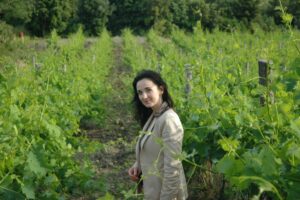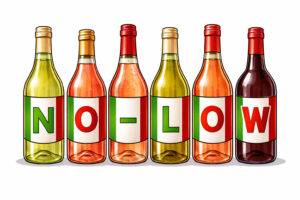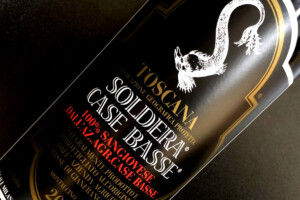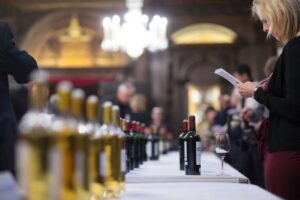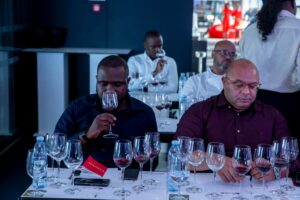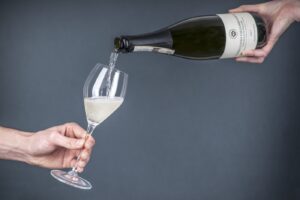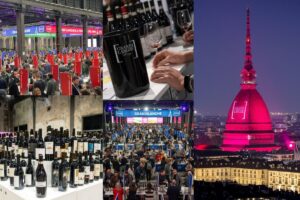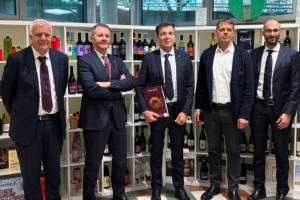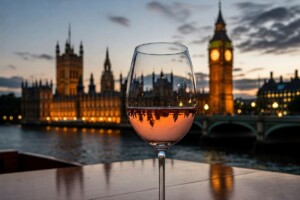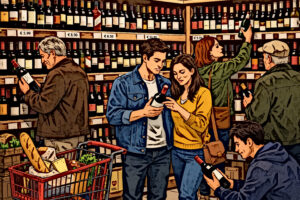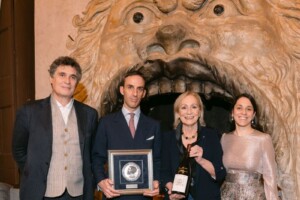When a wine region attracts capital and investments from other territories and other sectors, it is definitely a positive and important sign. It means that the wine economy is good; there are excellent returns and a solid international reputation. But, there is also the flip side of the coin, especially when the investor does not link it to a wine-related project, maybe because there is financial liquidity to invest and buy a fixed asset, perhaps spending more for pleasure and passion than for economic reasons; so there is the danger of somehow "doping" the real market.
These are the thoughts, reading between the lines, of Orlando Pecchenino, chairman of the Consortium of Protection for Barolo Barbaresco Alba Langhe and Dogliani. In recent months the phenomenon has involved not only the Piedmont territories of UNESCO heritage, but also other prestigious wine regions, such as Bolgheri or Montalcino, among others.
“Foreign entrepreneurs or from other production sectors have arrived in Barolo in recent years”, said Pecchenino, “ and this is a great business card, which demonstrates its ability to attract interest. The territory knows how to deal with it; these are entrepreneurs, and I’m convinced they can make a significant contribution. The American vision of business is different from ours; we are still mostly family-run, and I would like this aspect to be maintained. It is clear, though that some things will change, our companies are growing, and management is diversifying within the companies. This was a probably a necessary passage and was well accepted”. However, the value of real estate has soared to such high levels that vineyards are only accessible to those who have great financial liquidity and large margins of time and money on investments; definitely to a much greater extent than most Italian wine companies.
“Nobody really knows the precise real estate figures in Langa,” said the president and wine producer, “but the price is over one million euros per hectare, and in some excellent crus even twice that. Although it would be better to talk about landscape, some of which are particularly beautiful and attractive on the vineyard market, because they are linked to particularly loved wines. There are of course unprecedented prices compared to a production project, so today the investor must first of all have financial availability and is not only from the wine industry but also from other sectors. It is not a scandal, it has already happened elsewhere, starting in France. We have not been affected by this mechanism for years, but now it concerns us directly”.
And as Kerin O'Keefe of "Wine Enthusiast" (https://goo.gl/HdWN1V) recently wrote, one wonders what will happen to the future of the companies, since new owners often are not linked to agriculture.
In any case, if a territory attracts certain types of investments, it means that in general things are going well. And, “the economy of the Barolo district is going very well”, Pecchenino pointed out.
“There is much greater attention towards Piedmont wines now than there probably ever has been in the past, bringing with it even a bit of euphoria. We are aware, though, that there is still much work to be done. There is a good basis on which to grow again very well, focusing on quality, because some levels have to be improved. The prices are interesting, but we have to consolidate on the lower ranges”. And then there is Unesco, which in recent times has prompted some important discussions in Langhe.
“UNESCO recognition is an immense opportunity, and everyone underrates it. No one knew what the result would be”, said Pecchenino. “No one could imagine what it meant; that is, it made the knowledge of this territory international. There are certainly some difficulties tied to it, but this is the right direction. You can no longer do anything you want, especially at the real estate level, as municipalities have control bodies and this is a good thing. On the tourist level, however, presence on the territory has grown by double figures, the result of an image that obviously affects wine”.
The Agrirock Festival Collisioni, where we met Pecchenino, also affects the territory positively. “Collisioni is not seen in the same way by all producers. Some of them love it, some not so much. On the one hand, explained the president, “it is a tremendously popular moment throughout the territory, and therefore not only for Barolo, but for everyone, from wine to tourism; it really moves the masses. On the other hand, however, some people point out that Collisioni is a bit too much. It is too diversified for a tour of Barolo that really does not need these numbers anyway. These are two equally legitimate, concrete and realistic positions, both of which must be respected. The Consortium, however, is active and involved, because Collisioni also involves wine, and we want to be there”.
Copyright © 2000/2026
Contatti: info@winenews.it
Seguici anche su Twitter: @WineNewsIt
Seguici anche su Facebook: @winenewsit
Questo articolo è tratto dall'archivio di WineNews - Tutti i diritti riservati - Copyright © 2000/2026












